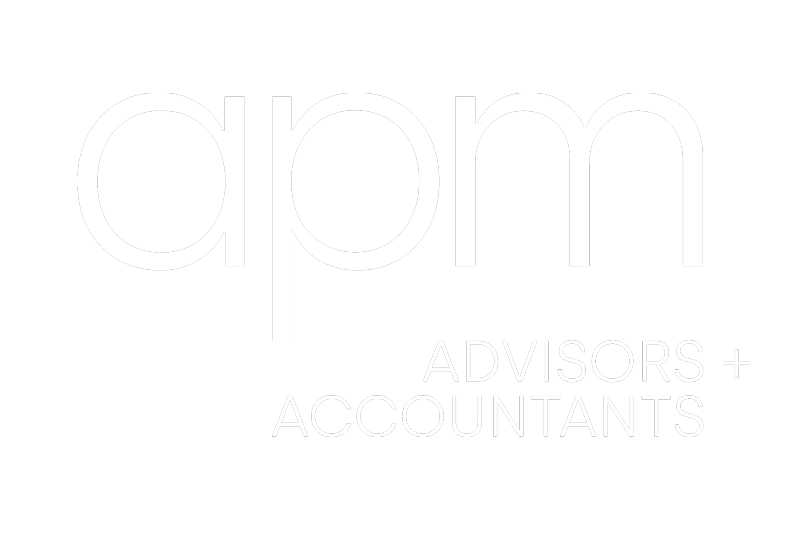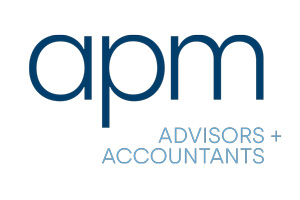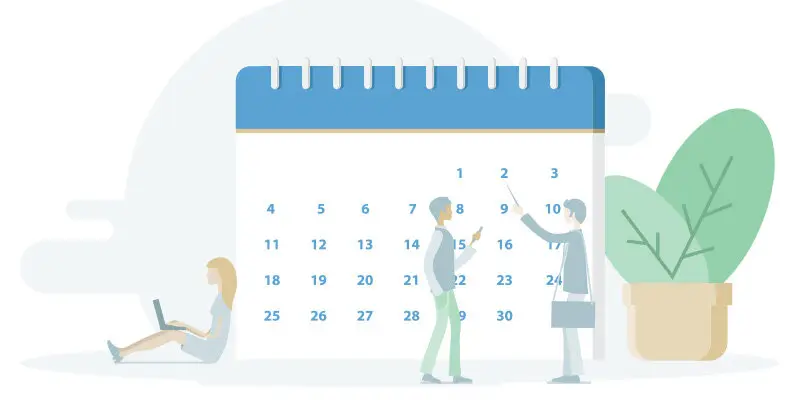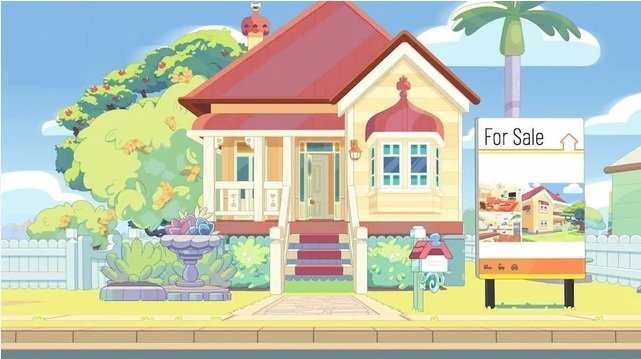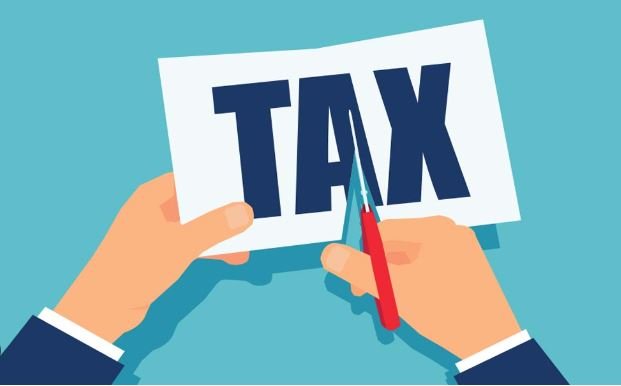The main residence exemption exempts your family home from capital gains tax (CGT) when you dispose of it. But, like all things involving tax, it’s never that simple.
As the character of Darryl Kerrigan in The Castle said, “it’s not a house. It’s a home,” and the Australian Taxation Office’s (ATO) interpretation of a main residence is not fundamentally different. A home is generally considered to be your main residence if:
It’s where you and your family live
Your personal belongings have been moved into the dwelling
It is where your mail is delivered
It’s your address on the electoral roll
You have connected services such as telephone, gas and electricity (in your name); and
It is your intention for the home to be your main residence.
The length of time you have lived in the home is important, but there are no hard and fast rules. Your intention takes precedence over time spent as every situation is different.
When does the main residence exemption apply?
In general, CGT applies to the sale of your home unless you have an exemption, partial exemption, or you can offset the tax against a capital loss.
If you are an Australian resident for tax purposes, you can access the full main residence exemption when you sell your home if:
Your home was your main residence for the whole time you owned it (see Can the main residence apply if you move out?).; and
You did not use your home to produce any income (see Partial exemption below), and
The land your home is on is 2 hectares or less. If your home is on more than 2 hectares, for example on farmland, the exemption can apply to the home and up to 2 hectares of adjacent land.
Partial exemption
If you have used your home to produce income, you won’t normally be able to claim the full main residence exemption, but you might be able to claim a partial exemption.
Common scenarios impacting your main residence exemption include:
Running a business from home (working from home is ok), and
Renting the home or part of the home.
In these scenarios, from the time you started to use the home to generate income, that part of the home is likely to be subject to CGT. And, a word of caution here, as of 1 July 2023, platforms such as Airbnb must report all transactions to the ATO every 6 months. This data will be used to match against the income reported on income tax returns.
Foreign residents and changing residency
Foreign residents cannot access the main residence exemption even if they were a resident for part of the time they owned the property.
If you are a non-resident at the time you enter into the contract to sell the property, you are unlikely to be able to access the main residence exemption. Conversely, if you are a resident at the time of the sale, and you meet the other eligibility criteria, the rules should apply as normal even if you were a non-resident for some of the ownership period. For example, an expat who maintains their main residence in Australia could return to Australia, become a resident for tax purposes again, then sell the property and if eligible, access the main residence exemption.
It’s important to recognise that the residency test is your tax residency, not your visa status. Australia’s tax residency rules can be complex. If you are uncertain, please contact us and we will work through the rules with you.
Can the main residence apply if you move out?
You might have heard about the ‘absence rule’. This rule allows you to continue to treat your home as your main residence for tax purposes:
For up to 6 years if the home is used to produce income, for example you rent it out while you are away; or
Indefinitely if it is not used to produce income.
When you apply the absence rule to your home, this normally prevents you from applying the main residence exemption to any other property you own over the same period. Apart from limited exceptions, the other property is exposed to CGT.
Let’s say you moved overseas in 2020 and rented out your home while you were away. Then, you came back to Australia in 2023 and moved back into your house. Then in early 2024, you decided it is not your forever home and sold it. You elected to apply the absence rule to your home and didn’t treat any other property as your main residence during that same period. In this case, you should be able to access the full main residence exemption assuming you are a resident for tax purposes at the time of sale.
The 6 year period also resets if you re-establish the property as your main residence again, but later stop living there. So, if the time the home was income producing is limited to six years for each absence, it is likely the full main residence exemption will be available if the other eligibility criteria are met.
Timing
Your home normally qualifies as your main residence from the point you move in and start living there. However, if you move in as soon as practicable after the settlement date of the contract, that home is considered your main residence from the time you acquired it.
If you buy a new home but haven’t yet sold your old home, you can treat both properties as your main residence for up to six months without impacting your eligibility to the main residence exemption. This applies if the old home was your main residence for a continuous period of 3 months in the 12 months before you disposed of it and you did not use your old home to produce income in any part of that 12 months when it was not your main residence.
If the sale takes more than six months and if eligible, the main residence exemption could apply to both homes only for the last six months prior to selling the old home. For any period before this it might be possible to choose which home is treated as your main residence (the other becomes subject to CGT).
If your new home is being rented to someone else when you purchase it and you cannot move in, the home is not your main residence until you move in.
If you cannot move in for some unforeseen reason, for example you end up in hospital or are posted overseas for a few months for work, then you still might be able to access the main residence exemption from the time you acquired the home if you move in as soon as practicable once the issue has been resolved. Inconvenience is not a valid reason and you will need to ensure that you have documentation to support your position.
Can a couple have a main residence each?
Let’s say you and your spouse each own homes that you have separately established as your main residences.
The rules don’t allow you to claim the full CGT exemption on both homes. Instead, you can:
Choose one of the dwellings as the main residence for both of you during the period; or
Nominate different dwellings as your main residence for the period.
If you and your spouse nominate different dwellings, the exemption is split between you:
If you own 50% or less of the residence chosen as your main residence, the dwelling is taken to be your main residence for that period and you will qualify for the main residence exemption for your ownership interest;
If you own greater than 50% of the residence chosen as your main residence, the dwelling is taken to be your main residence for half of the period that you and your spouse had different homes.
The same rule applies to your spouse.
The rule applies to each home that the spouses own regardless of how the homes are held legally, i.e., sole ownership, tenants in common or joint tenants.
What happens in a divorce?
Assuming the home is transferred to one of the spouses (and not to or from a trust or company), both individuals used the home solely as their main residence over their ownership period, and the other eligibility conditions are met, then a full main residence exemption should be available when the property is eventually sold.
If the home qualified for the main residence exemption for only part of the ownership period for either individual, then a partial exemption might be available. That is, the spouse receiving the property may need to pay CGT on the gain on their share of the property received as part of the property settlement when they eventually sell the property.
The main residence exemption looks simple enough but it can become complex quickly. You will need more than a ‘vibe’ to work with the exemption. In the words of the character of Dennis Denuto in The Castle, “it’s the vibe of it. It’s the constitution. It’s Mabo. It’s justice. It’s law. It’s the vibe and ah, no that’s it. It’s the vibe. I rest my case.”
